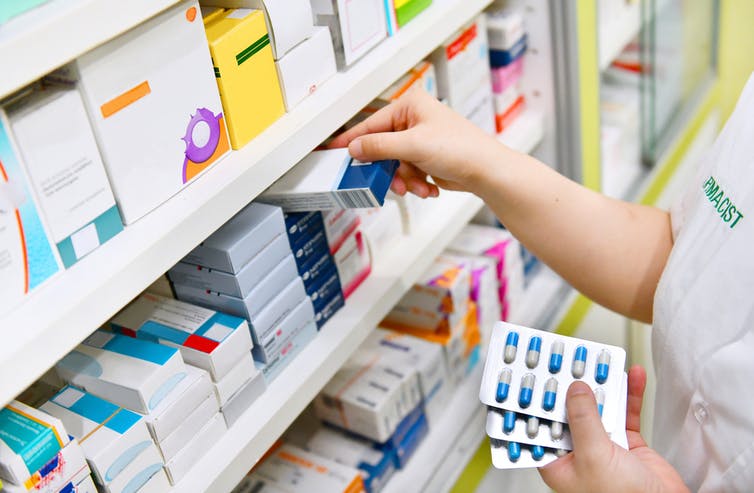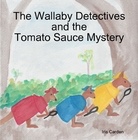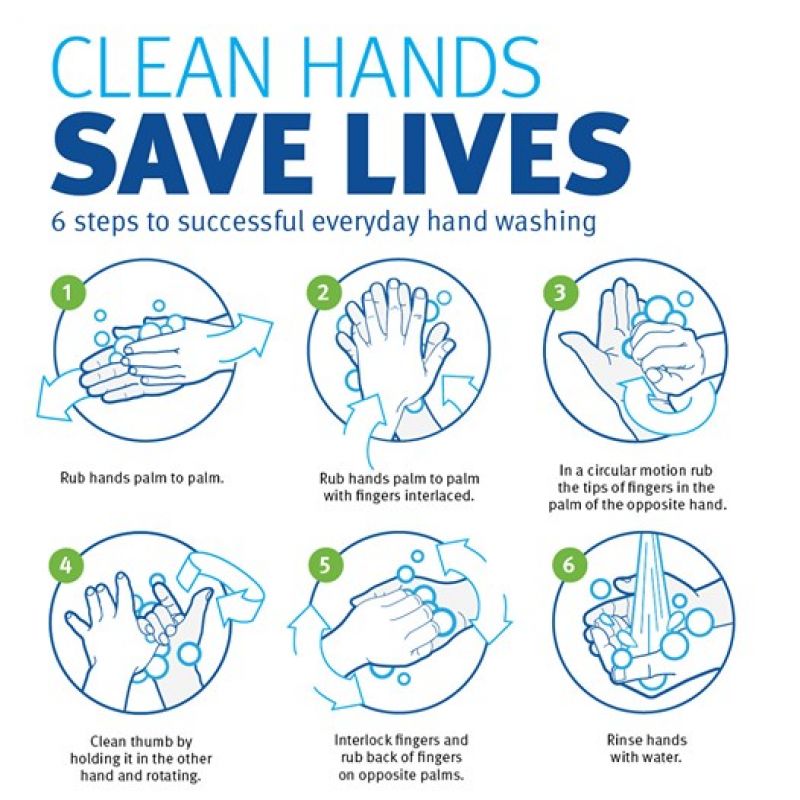Coronavirus: how to access the medicines you and your family need

Panic buying of toilet paper, no meat or soap on supermarket shelves, and now an apparent run on medicines such as asthma puffers and children’s paracetamol.
The COVID-19 pandemic is affecting us in ways we’ve never had to deal with before. So Australia has announced measures to help people access their medicines.
These include limiting the number of medications people can buy, dispensing only a month’s worth of supply at a time, and placing some behind the counter.
And, of course, pharmacies are essential services so they will remain open during the forthcoming shutdown period.
Read more: Can coronavirus spread through food? Can anti-inflammatories like ibuprofen make it worse? Coronavirus claims checked by experts
There are also ways people who are self-isolating or at risk can access their medicines, from using apps, to government-funded free home delivery.
Here are some of your options for the weeks and months ahead.
Purchase limits on essential medicines
There are now purchase limits on certain medicines.Customers in pharmacies are now limited to one of the following per person (or one month’s supply, if relevant):
- asthma puffers (Ventolin) and other medicines used for the treatment of chronic obstructive pulmonary disease (COPD)
- paracetamol
- Epipen, to manage severe allergic reactions
- some heart medicines, such as glyceryl trinitrate
- some diabetes medicines, including insulin
- some anti-epileptic medicines.
Pharmacists have been directed to only dispense one month’s supply for more than 50 different medicines used to treat a range of conditions, including: cancer, Parkinson’s, chronic pain, blood pressure, and contraceptives.
Children’s paracetamol will now be kept behind the counter.
Read more: Ibuprofen and COVID-19 symptoms - here's what you need to know
What to do if you can’t get to your local pharmacy
If you have been directed to self-isolate or if it’s risky for you to shop at a pharmacy, there are still options.If you are in isolation, are over the age of 70, of Aboriginal or Torres Strait Islander descent, or have a compromised immune systems or chronic health condition, you may be eligible for a free service to deliver medicines to your home.
This scheme only covers the costs of delivery for Pharmaceutical Benefits Scheme (PBS) medicines. The scheme does not include everyday products like hand sanitiser or regular over-the-counter medicines.
Read more: Why are older people more at risk of coronavirus?
If you’re not eligible for the home medicines service, one way to get your prescription and non-prescription medicines delivered to your home is via an app like mymedkit.
This Australian-based company allows you to take a photo of your prescription and upload it into the app, where the script is then filled by your local pharmacy.
You can choose what day and time you want it delivered so you can be there when it arrives. And if you don’t need prescription medicines, they can also deliver other products like vitamins, skincare creams, first aid kits, baby wipes and nappies.
Read more: Instant prescriptions might be the way of our digital future, but we need to manage the risks first
Nial Wheate, Associate Professor | Program Director, Undergraduate Pharmacy, University of Sydney and Andrew Bartlett, Associate Lecturer Pharmacy Practice, University of Sydney
This article is republished from The Conversation under a Creative Commons license. Read the original article.










